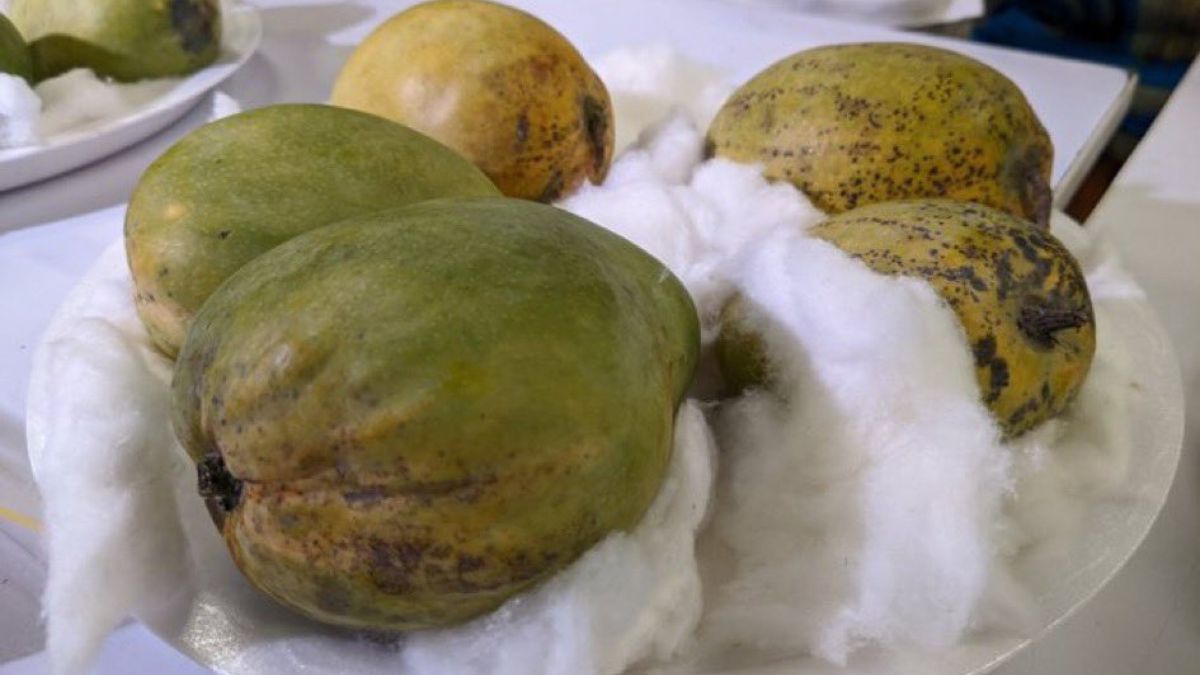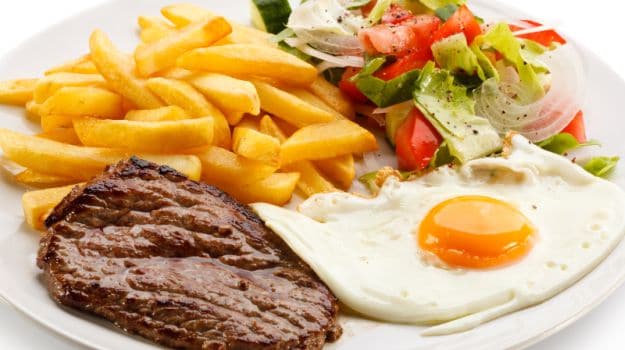A research study conducted at the Cleveland Clinic Lerner Research Institute in Ohio, US suggests how certain diet changes can neutralize the effect of diets that leads to deposition of fats and hardening of arteries increasing the risk of heart disease and stroke.When the gut bacteria process certain nutrients like choline, phosphatidylcholine (lecithin) and carnitine, which are abundant in animal fats, the by-product that is produced is trimethylamine (TMA) which leads to the formation of trimethylamine N-oxide (TMAO for short). Blood TMAO levels are associated with heightened risk of heart attacks, stroke and death in clinical studies. It is also been found responsible for the hardening of arteries and heart disease. Carnitine is abundant in red meat and liver, while choline and lecithin are abundant in beef, lamb, liver, egg yolk and high-fat dairy products.The research team has identified a naturally occurring inhibitor called DMB - found in some cold-pressed extra virgin olive oils and grape seed oils that reduced the levels of TMAO and also led to reduced atherosclerosis (hardening of arteries due to deposition of fats on the inner walls of arteries) in mice.
The research team inhibited TMA production using DMB in mice fed a high choline or carnitine diet. Until now, research efforts to lower TMAO levels have focused on suppressing the enzymes in people that convert TMA into TMAO. However, this approach causes liver damage as well as an unhealthy build-up of TMA."These studies demonstrate the exciting possibility that we can prevent or retard the progression of diet-induced heart diseases starting in the gut. This opens the door in the future for new types of therapies for atherosclerosis, as well as other metabolic diseases” said one of the researchers Stanley Hazen from Cleveland Clinic Lerner Research Institute in Ohio, US."We were able to show that 'drugging the microbiome' is an effective way to block this type of diet-induced heart disease. The inhibitor prevents formation of a waste product produced by gut microbes, leading to lowering of TMAO levels and prevention of diet-dependent atherosclerosis" Hazen added.This discovery may represent a potential new therapeutic approach for the prevention of heart disease, the researchers said. The study was published in the journal Cell.
The research team inhibited TMA production using DMB in mice fed a high choline or carnitine diet. Until now, research efforts to lower TMAO levels have focused on suppressing the enzymes in people that convert TMA into TMAO. However, this approach causes liver damage as well as an unhealthy build-up of TMA."These studies demonstrate the exciting possibility that we can prevent or retard the progression of diet-induced heart diseases starting in the gut. This opens the door in the future for new types of therapies for atherosclerosis, as well as other metabolic diseases” said one of the researchers Stanley Hazen from Cleveland Clinic Lerner Research Institute in Ohio, US."We were able to show that 'drugging the microbiome' is an effective way to block this type of diet-induced heart disease. The inhibitor prevents formation of a waste product produced by gut microbes, leading to lowering of TMAO levels and prevention of diet-dependent atherosclerosis" Hazen added.This discovery may represent a potential new therapeutic approach for the prevention of heart disease, the researchers said. The study was published in the journal Cell.
Advertisement







